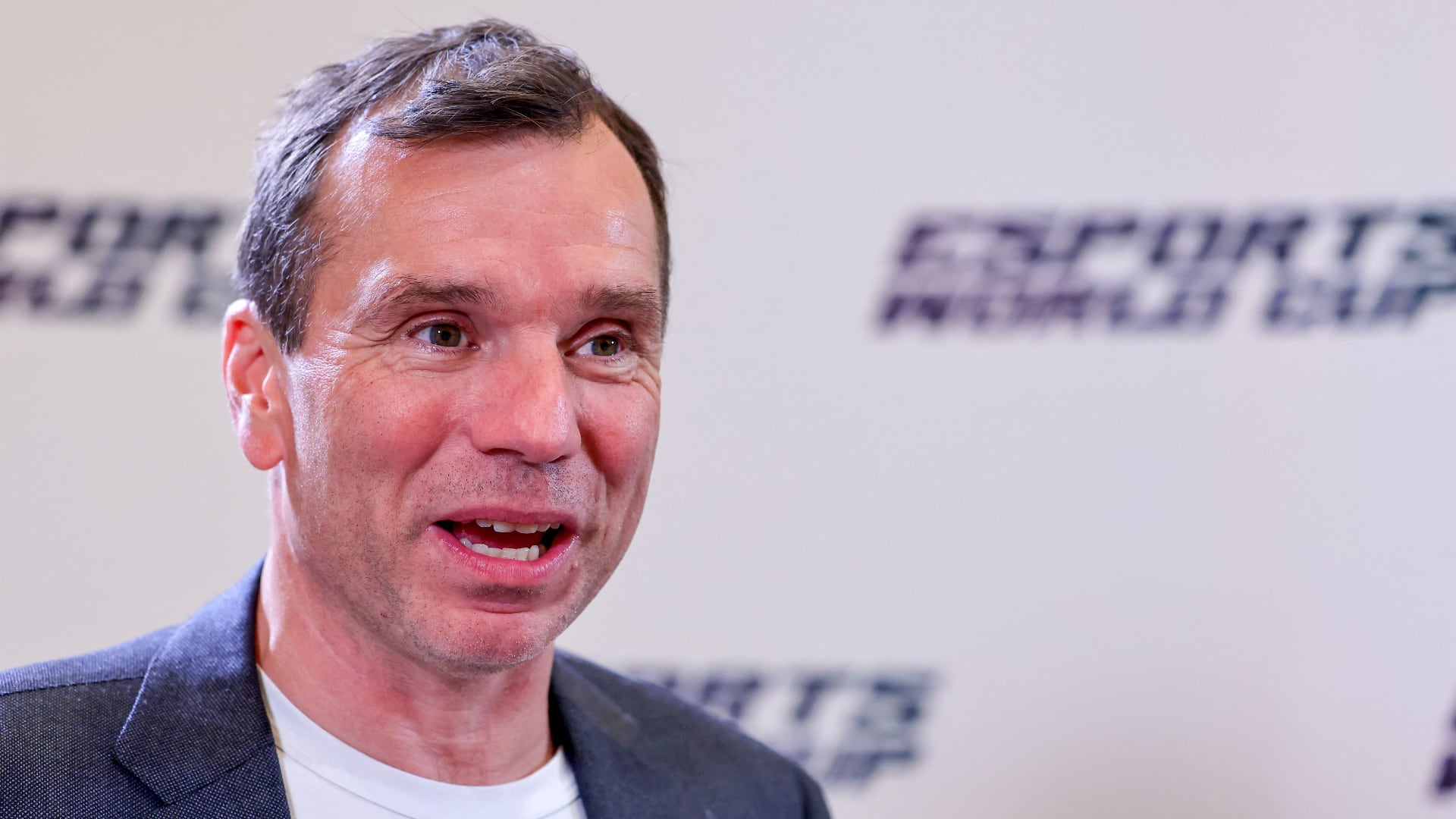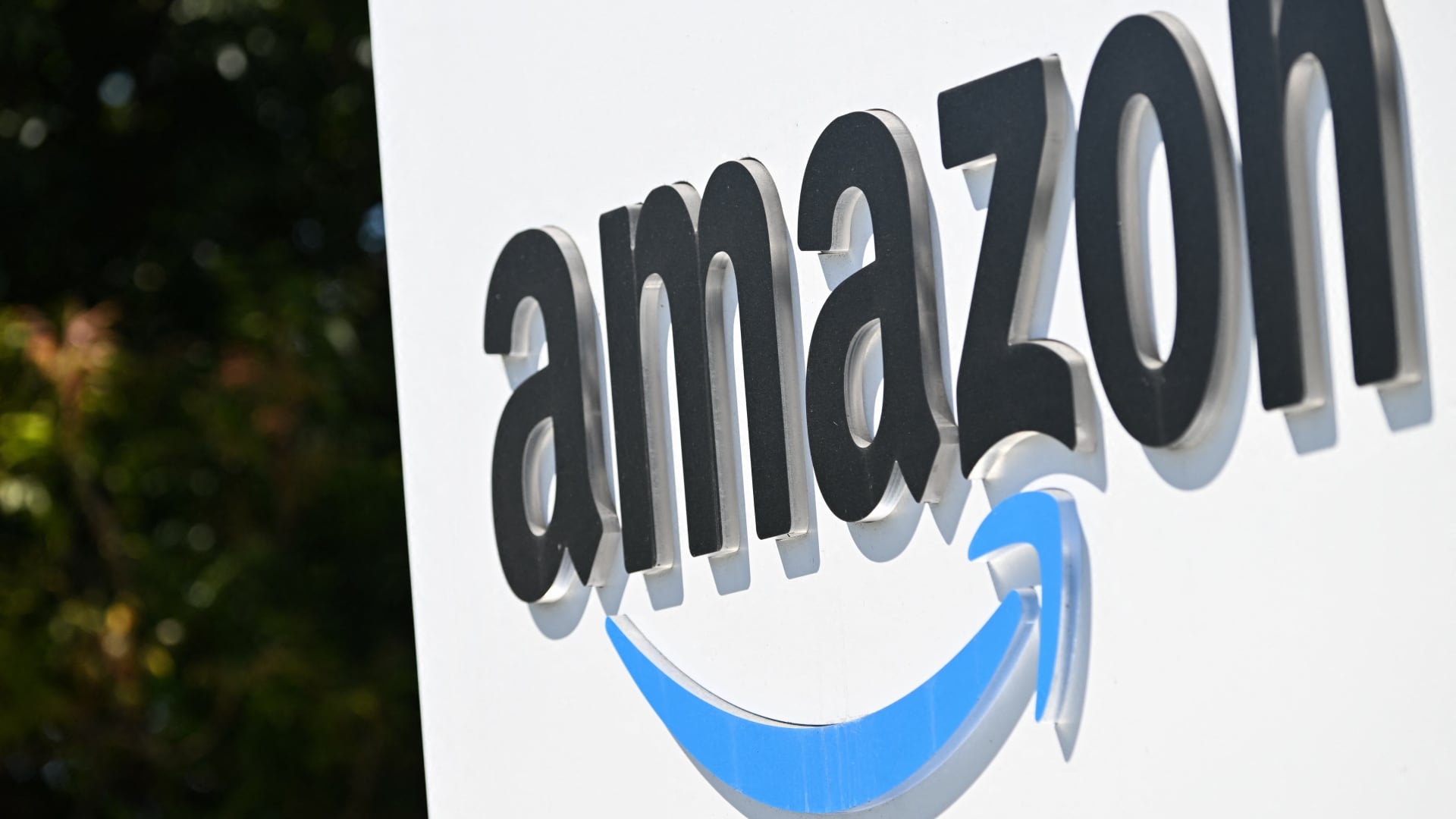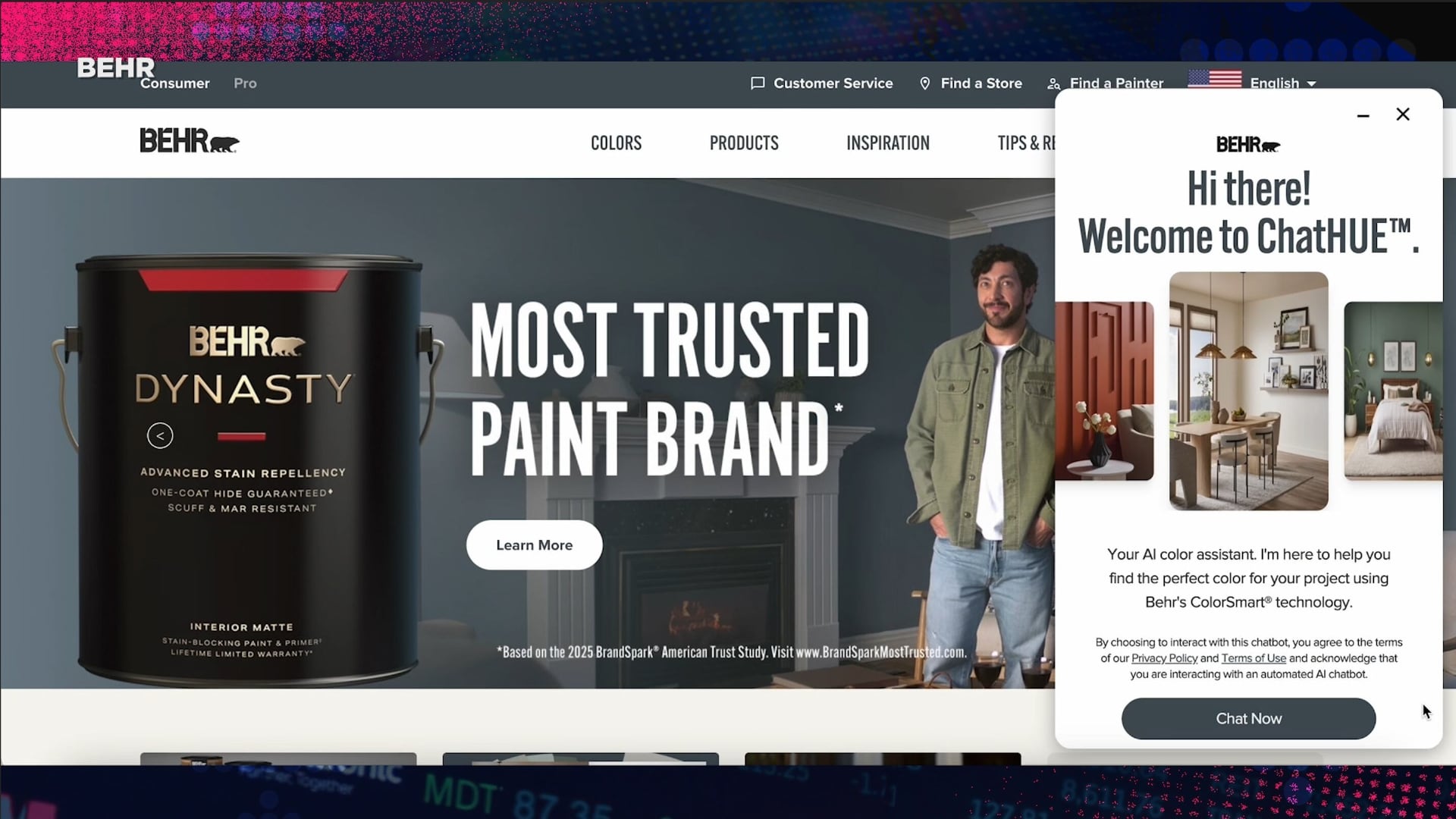*By Chloe Aiello* Shares of Disney jumped after the bell on Tuesday, boosted by revenue growth in its television and parks divisions. The report was good news for investors looking to gauge Disney’s ($DIS) strength as it deepens its direct-to-consumer offerings in an effort to compete against rivals like Netflix ($NFLX) and Apple ($AAPL). “I think that’s what investors are focused on,” Wedbush’s Dan Ives told Cheddar. “When you look at Disney and you look at the streaming space ... there's a shot across the bow at other streaming competitors, and I think really that’s the key to the stock in terms of the streaming ambitions.” Disney reported earnings per share of $1.84 on revenue of $15.3 billion, exceeding analyst forecasts of earnings of $1.55 per share on $15.1 billion in revenue, according to Thomson Reuters. Revenue for the company's Parks, Experiences, & Consumer Products business climbed 5 percent to $6.8 billion ー a surge Disney attributed to increased guest spending and higher room occupancy at resorts. Revenue from Media Networks, which includes TV programming like ESPN and Freeform, climbed 7 percent year-over-year to $5.9 billion. Studio entertainment revenues fell about 27 percent, which Disney attributes to the weaker performance of "Mary Poppins Returns" and "The Nutcracker and the Four Realms." But Disney has an impressive lineup of films planned to debut in 2019, including a live action version of "The Lion King" and "Frozen 2." Direct-to-consumer and international revenues also fell slightly to $918 million, and operating losses deepened to $136 million, due to increased investments in the streaming service ESPN+, and the cost of launching the forthcoming streaming service Disney+. On a conference call with analysts following the report, [Disney CEO Bob Iger said](https://www.thewrap.com/espn-plus-streaming-service-subscribers/) ESPN+, which launched in April 2018, now has 2 million paid subscribers. Investment in over-the-top products like Disney+ is risky as profit margins on streaming services tend to be slimmer and the market is increasingly saturated. But Ives said he thinks Disney+ is one of the few services that stands a good chance of stealing market share from Netflix. "If you look at the content that Disney's going to have, that's where I think it kind of shakes some of the other competitors out there, like a Netflix," Ives said. "I think we will start to hit that inflection point in 2020, where you just have too many streaming services out there. But right now you have Disney coming out, and obviously, the red carpet's rolling out for them."












